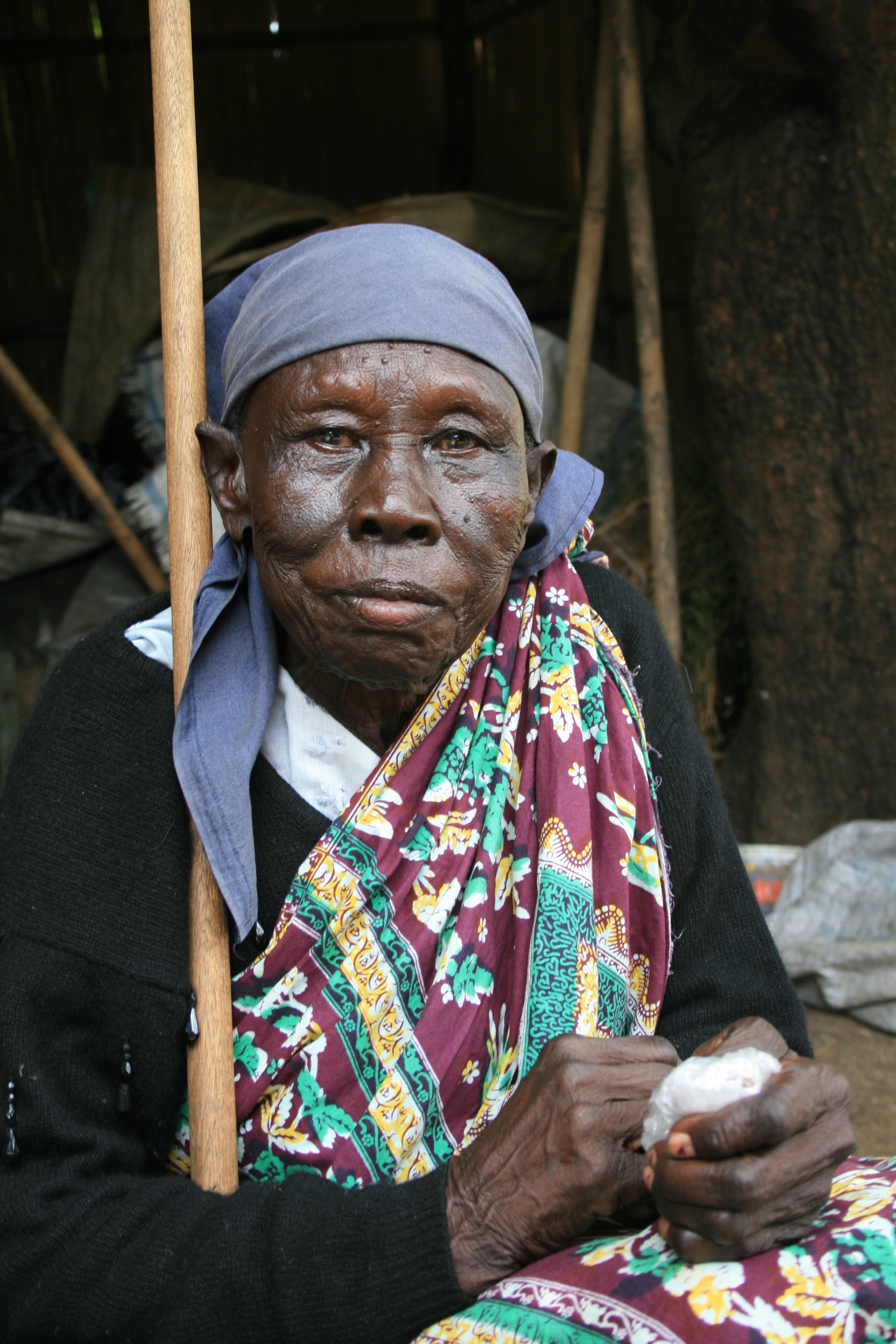This paper presents the institution of roadside mini-cafes run by women – mostly poor migrants from peripheral or war-torn regions of Sudan – on Forty Days Road Street, one of the main streets of Omdurman. These cafes are not only one of the many examples of women’s informal activism in an urban environment, but also an institution in which the legacy of slavery is present. This dates back to precolonial times when the peoples of the Nile valley were slave-raiding and slave-owning. The author looks at the institution of roadside mini-cafe as something particularly important for the urban iconography of power, in which – using the terms of structural anthropology – a series of oppositions are materialised: formal/informal, male/female, dominant/subordinate and Middle Eastern/African. The relations to slavery hidden in this particular institution help city dwellers (mostly men from the Muslim majority and Arab culture) in arranging hierarchies, rivalry and legitimating status. Gender and informality are particularly meaningful in this context as both strengthen the situation of radical inequality, intensify and constitute politics of dominance on the one hand and of subordination on the other. This paper is based on ethnographic research which was undertaken in the Khartoum agglomeration in 2013.

Download files
Citation rules
Cited by / Share